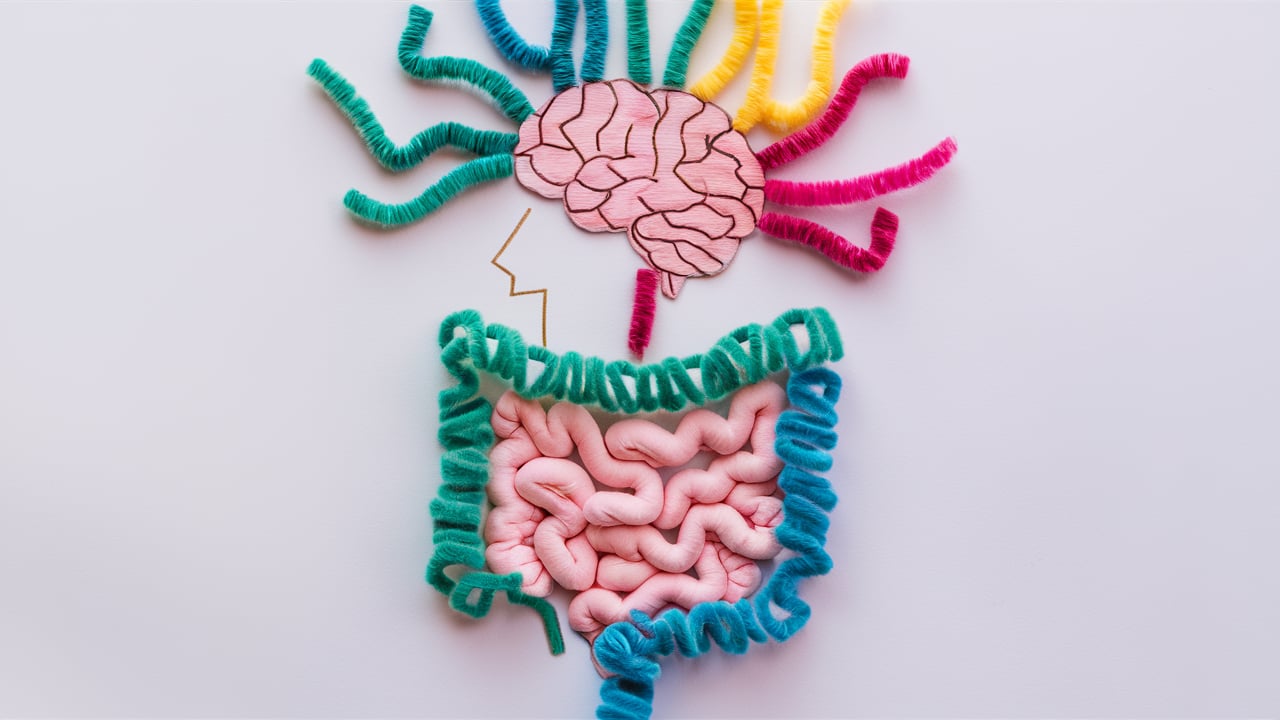
Gut Bacteria and Depression: A Deep Dive
The connection between our gut bacteria and mental health, particularly depression, is a fascinating and rapidly growing field of research. This article delves into the science behind this link, exploring how these tiny organisms in our gut can influence our mood and well-being.
The Gut-Brain Axis: A Two-Way Street
Our gut houses trillions of bacteria, forming a complex ecosystem known as the microbiome. This microbiome plays a crucial role in digestion, nutrient absorption, and even immune function. But recent research suggests it also has a profound impact on our brains.
The gut and brain are constantly communicating through a complex network of nerves and hormones, often referred to as the gut-brain axis. This two-way street allows gut bacteria to influence brain chemistry and vice versa.
Gut Bacteria and Neurotransmitters
One of the key ways gut bacteria affect our mental state is through the production of neurotransmitters. These chemicals act as messengers in the brain, regulating functions like mood, sleep, and stress.
The study you mentioned highlights the role of gut bacteria in producing neurotransmitters like:
Serotonin: Often called the « happy hormone, » serotonin helps regulate mood, appetite, and sleep. Interestingly, gut bacteria produce around 95% of our body’s serotonin!
GABA: This neurotransmitter acts as a calming influence, promoting relaxation and reducing anxiety. Certain gut bacteria species can influence GABA production.
Glutamate: While essential for brain function, excessive glutamate activity has been linked to depression and anxiety. Some gut bacteria can help regulate glutamate levels.
Inflammation and the Gut-Mental Health Link
Another pathway linking gut bacteria and depression is inflammation. When the gut microbiome is imbalanced, it can lead to chronic low-grade inflammation throughout the body. This inflammation can disrupt brain chemistry and contribute to depression symptoms.
Stress and the Microbiome: A Vicious Cycle
Stress can also negatively impact gut health. Studies show that periods of high stress can suppress beneficial bacteria in the gut. This disruption in the microbiome can then worsen stress and contribute to anxiety and depression.
Can We Change Our Microbiome for Better Mental Health?
The good news is that the gut microbiome is not set in stone. We can influence its composition through our diet and lifestyle choices. Here are some ways to promote a healthy gut microbiome:
Diet: A high-fiber diet rich in fruits, vegetables, and whole grains nourishes beneficial gut bacteria. Conversely, processed foods, sugar, and excessive alcohol consumption can harm the microbiome.
Probiotics: These supplements contain live bacteria that can help restore balance to the gut microbiome. Specific strains like Lactobacillus and Bifidobacterium have shown promise in improving mental health symptoms.
Prebiotics: These are non-digestible fibers that act as food for beneficial gut bacteria. Prebiotics are found in foods like onions, garlic, and asparagus.
Manage Stress: Techniques like meditation, yoga, and spending time in nature can help reduce stress and promote gut health.
The Future of Gut-Based Mental Health Treatments
The research on the gut-brain axis is still in its early stages, but it holds immense promise. By understanding how gut bacteria influence our mental health, we can develop new therapeutic approaches for depression and other mental health disorders. This could involve personalized dietary plans, targeted probiotic supplements, or even fecal microbiota transplants (FMT) – a more advanced technique involving transplanting healthy gut bacteria from a donor.
Final Thoughts
The link between gut bacteria and depression is a complex but exciting area of research. While more studies are needed, the evidence suggests that taking care of our gut health can significantly improve our mental well-being. By incorporating dietary changes, stress management techniques, and potentially probiotics, we can empower ourselves to take charge of our mental health and cultivate a happier, healthier mind.

